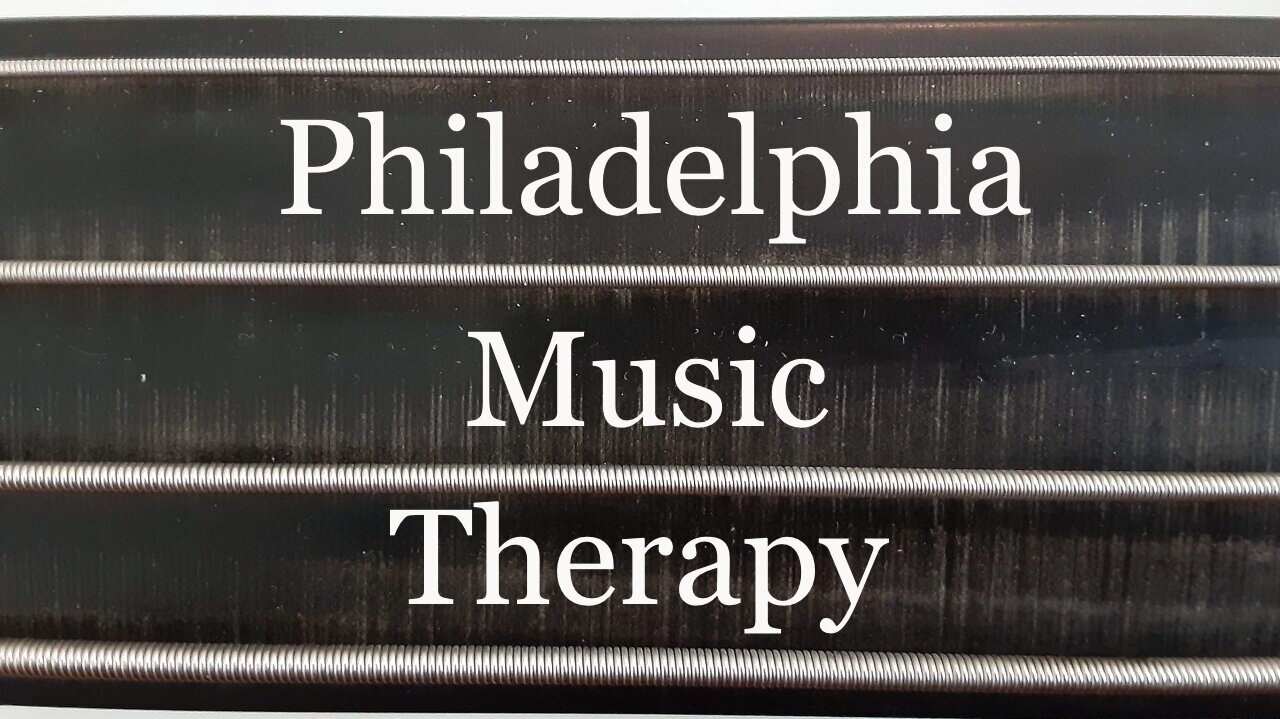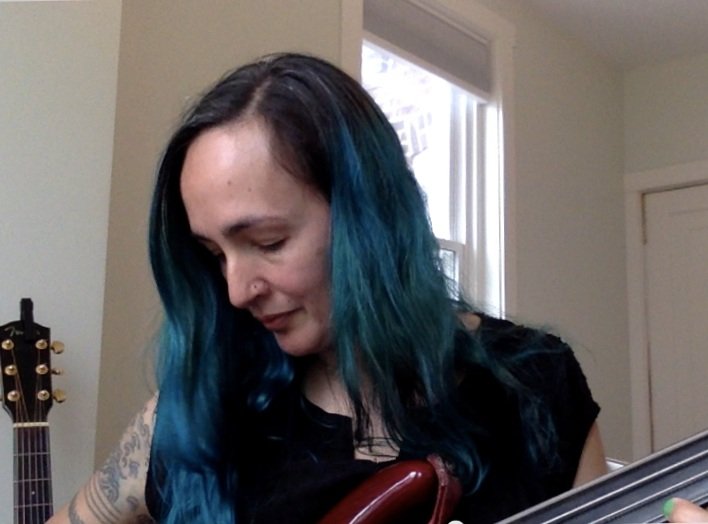Selected Program Offerings
Programs may be fixed or may be implemented in the moment to be reflexive of participant needs. Groups in facilities may be weekly, bimonthly, or monthly, depending on availability. Instruments and other materials, documentation, and treatment planning are included in the group rate.
Substance Use Recovery
Participants share how they feel and what is important to them to start sessions in a strengths based, mindfulness model. Music experiences are offered to support self esteem, trauma recovery, grief and loss, coping with symptoms of mental illness, coping with challenging emotions and triggers, living life on life’s terms, celebrating life, and healthy leisure. This can include choosing songs to listen to or play together and discuss with an emphasis on artists with lived experience. Songs that are historically triggering can be shifted to being associated with recovery. Breakup songs can be reinterpreted as breaking up from the substance/lifestyle. Song writing (with instruments, voice, and/or looping software) is done step by step to facilitate a collaborative, safe, experience of expression and to gain insight. Song writing can support reframing harmful thoughts, stigmas, and actions. Improvisation can be used to explore metaphors, for emotional expression, and to exchange support. Music assisted relaxation and playlist making can provide support in the moment and coping skills for later. Music games and music and movement support healthy leisure, sense of community, and cognitive functioning. Participants are encouraged to engage in a way that feels safe, ranging from listening and observing to songwriting, singing, dancing, instrument playing, and taking on leadership roles.
Stress Management
The therapist uses verbal techniques enhanced and supported by the music such as guided imagery, progressive muscle relaxation, deep breathing, and autogenic training. Music experiences such as chanting relaxing phrases, improvising relaxing music, art making, and movement are incorporated to increase feelings of relaxation in the moment and to promote and develop skills participants may use on their own. Group members are given opportunities to share about sources of stress and to evaluate and discuss their experience. Together, the participants and the therapist develop a program made specifically for them.
Therapeutic Choir/Band
The choir or band members develop a name, choose repertoire of meaningful songs, create arrangements, and discuss their experience of music making together. They may decide on having a concert and help promote the concert by inviting friends, family, and community members with the support of the music therapist. Rehearsals are collaborative and supportive. Participants develop increased sense of community and empowerment while enjoying the benefits of singing such as increased lung capacity, relaxation, and feelings of joy.
Songwriting
Songwriting can be done in many ways and with people off all abilities. Sometimes songs are written from scratch and with therapist support. Other times the therapist brings in options of partially written songs with space for group members to make their own lyrics and musical choices. Song parodies allow the group to use familiar songs and substitute some or all of the lyrics. Once the song is written, the group may perform it together, listen to the therapist perform it, or even record it together. Using a laptop for recording also allows the group to use effects and prerecorded tracks. Participants may explore a blending of cultures by utilizing a variety of musical styles and language. Although it may seem daunting, with the therapist’s support, the group can work together to write meaningful and aesthetically satisfying songs. By expressing their experiences through songwriting, participants are able to feel supported by each other, and to gain insight. Participants in songwriting groups often report feeling empowered and an increased sense of community.
Loss and Grief Group
Participants explore and process their experience of grief through song writing, song discussion (listening and analyzing familiar or new music), dedicating songs to loved ones or to the experience of loss of role, function, homes, relationships, etc., and a variety of music experiences to develop coping skills, better understand the grieving process, and exchange support.
Music Therapy Support Group
Participants are invited to share about struggles in a safe and supportive space verbally and through music making, sharing songs, and song writing. While the group members explore shared struggles they also explore and develop coping skills. They exchange support by playing and singing together, exchanging songs, and creating art together.
Spirituality Group
Participants explore, express, and connect to their spirituality as it relates to healing and wellness. The group often starts with a verbal check-in including the question, “What is a belief that is important to you?” The group explores and supports their collective beliefs through song writing, improvisation, and via singing, playing, and listening to familiar secular and/or religious or spiritual songs.
Here is what a group music therapy session may look like. CLICK HERE for a PDF version fro screen reader use


